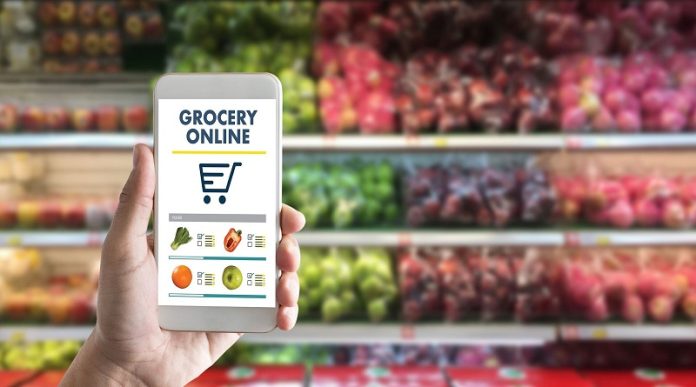
When you’re shopping online for groceries, you might notice information about whether a product is organic, non-GMO, or Fair Trade Certified.
But often, important details like nutrition facts, ingredients, and allergen warnings are missing.
A new study reveals that this lack of information is common among online grocery retailers, and it could have serious consequences for public health.
The study, led by researchers at Tufts University’s Friedman School of Nutrition Science and Policy, was published in Public Health Nutrition on October 17.
It found that many online grocery stores don’t provide the food labeling information that is required by the Food and Drug Administration (FDA) on physical packaging.
Meanwhile, marketing claims like “low-fat” or “high-protein” are easy to find, even though important health information is often absent.
“People have the right to know what’s in their food,” said Sean Cash, a professor of global nutrition at Tufts and senior author of the study.
“On physical food packaging, the FDA requires companies to include important details like nutrition facts and allergen lists. But when you shop online, this information is often hard to find or missing altogether.”
The researchers first noticed this issue in a 2022 pilot study, but the problem persists.
For the new study, they analyzed 60 food products from 10 major online grocery retailers. These products were chosen to represent common items found in supermarkets.
The results showed that only 35.1% of products had FDA-required information like nutrition facts and ingredient lists that were easy to access and read. In contrast, marketing claims were visible for 83.7% of the products.
This gap in labeling is a major concern, especially as online grocery shopping grows in popularity. According to the U.S. Department of Agriculture (USDA), 20% of Americans now buy their groceries online, and over 80% have done so at least once in the past three years.
As more people turn to online shopping, the lack of important food information could mislead consumers about the healthfulness of the products they buy.
This is especially problematic for people with specific dietary needs. “If you have high blood pressure and need to monitor your sodium intake, food labels are crucial,” Cash said. “The same goes for people with food allergies—missing information can be dangerous.”
One solution is for consumers to visit the manufacturer’s website, where nutrition facts and ingredient lists are more likely to be accurate.
However, Cash believes the responsibility should not fall on consumers. Regulators need to step in and require online retailers to make this information accessible. Another idea is for the government to create a public database with all the necessary food labeling information for online stores to use.
“We can’t let this issue go unaddressed as online grocery shopping continues to grow,” said Julia Sharib, lead author of the study.
If you care about nutrition, please read studies about the power of beetroot juice, and the risks of mixing medications with dietary supplements.
For more information about nutrition, please see recent studies about how to boost iron intake: natural solutions for anemia, and results showing vitamin K may lower your heart disease risk by a third.
Source: Tufts University.



